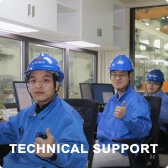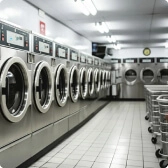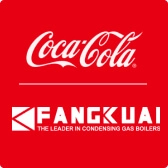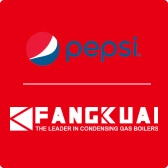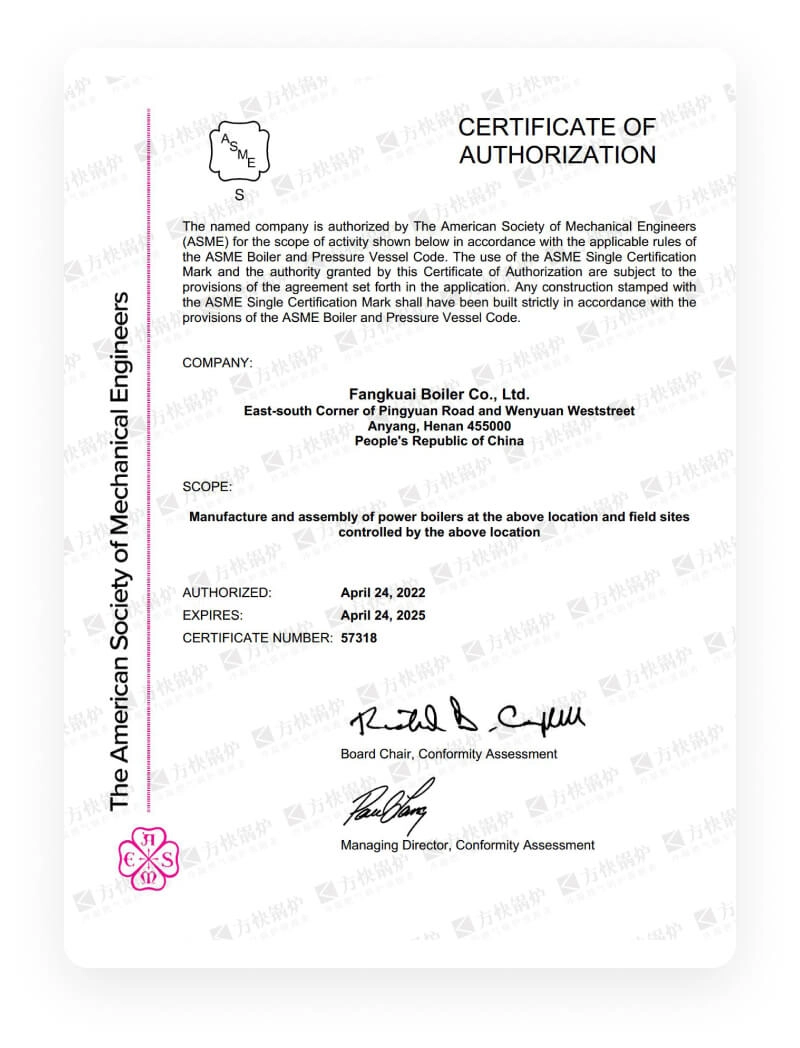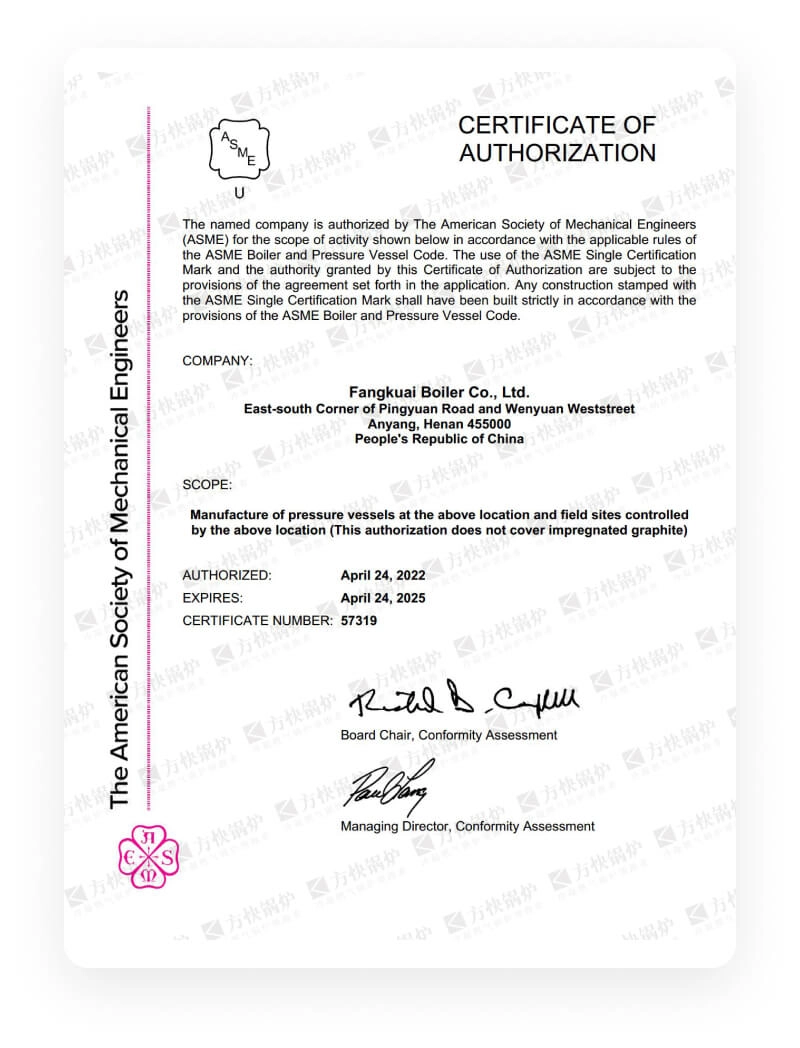10 tips to avoid steam boiler failure.
date: 2024-08-19
Page preview:
1. Regular Maintenance and Inspection
Routine maintenance is essential to identify potential issues early. Schedule periodic inspections by a certified technician to check for leaks, corrosion, and wear. Regularly clean burners, inspect flame patterns, and verify system controls. Consistent maintenance can prolong the lifespan of the boiler and improve efficiency.
Tip: Ensure that your maintenance log is up-to-date and includes details like pressure tests and visual inspections of all key components.
2. Water Quality Management
Poor water quality can lead to scale buildup and corrosion, which reduce efficiency and lead to boiler failure. Use a proper water treatment system to remove impurities and monitor the pH, alkalinity, and hardness of the water. Install water softeners and chemical dosing systems to control scale and prevent corrosive conditions.
Tip: Test water regularly to ensure it meets the boiler’s specifications and adjust treatment as necessary.
3. Control of Boiler Pressure
Boilers operate within a specific pressure range, and exceeding this limit can lead to dangerous conditions or even explosions. Ensure that the pressure control systems, such as safety valves and pressure gauges, are functioning properly.
Tip: Always check that the safety valves are free from obstructions and are set at the correct pressure settings.
4. Efficient Blowdown Procedures
Regular blowdown is necessary to remove impurities, sludge, and sediment from the boiler. A poorly maintained blowdown system can lead to blockages, overheating, or even rupture of boiler tubes. Follow the manufacturer’s recommendations for blowdown frequency and duration.
Tip: Automate blowdown processes if possible to ensure consistent and proper removal of sediment.
5. Monitor and Control Boiler Water Level
One of the leading causes of steam boiler failure is operating with an incorrect water level. Too low water levels can expose tubes to overheating, while too high levels can result in poor steam quality. Install reliable level controls and alarms to continuously monitor water levels.
Tip: Test water level control systems regularly to ensure they are accurate and responsive.
6. Implement Proper Startup and Shutdown Procedures
Improper startup and shutdown procedures can stress boiler components, leading to fatigue and eventual failure. Always follow the manufacturer’s guidelines for startup and shutdown to avoid sudden temperature or pressure changes.
Tip: Allow sufficient time for gradual warming and cooling to prevent thermal shock.
7. Ensure Proper Ventilation
Boilers need adequate ventilation for proper combustion. Poor ventilation can cause incomplete combustion, leading to soot formation and a decrease in efficiency. Make sure air intake systems are clear of blockages and provide enough airflow for optimal operation.
Tip: Regularly inspect venting systems and make sure fresh air intake pathways are unobstructed.
8. Control Fuel Quality and Combustion Efficiency
Fuel quality can directly affect boiler efficiency and emissions. Inconsistent fuel supply or poor fuel quality can result in unbalanced combustion, causing excess carbon buildup or heat loss. Use high-quality, recommended fuels and ensure burners are tuned for optimal combustion efficiency.
Tip: Conduct regular combustion analysis to ensure fuel and air mix ratios are optimized.
9. Install and Test Safety Systems
Safety systems, including low water cutoffs, flame detection systems, and overpressure protections, are critical for preventing hazardous conditions. These systems must be tested periodically to ensure they function correctly.
Tip: Schedule quarterly safety tests for all alarm and trip systems to ensure immediate response in case of abnormalities.
10. Utilize Fangkuai Boiler’s Control System for Enhanced Safety
One of the most effective ways to avoid boiler failure is by using advanced boiler control systems, such as those integrated with Fangkuai Boiler products. Fangkuai’s intelligent control system constantly monitors key operational parameters like temperature, pressure, and water levels, issuing real-time alerts when any abnormality is detected. It also features automatic fault diagnosis, helping operators quickly locate the exact point of failure and providing actionable solutions to resolve the issue promptly.
Tip: Regularly update and test your Fangkuai boiler control system to ensure it is functioning at optimal levels and remains compatible with all safety and operational protocols.


